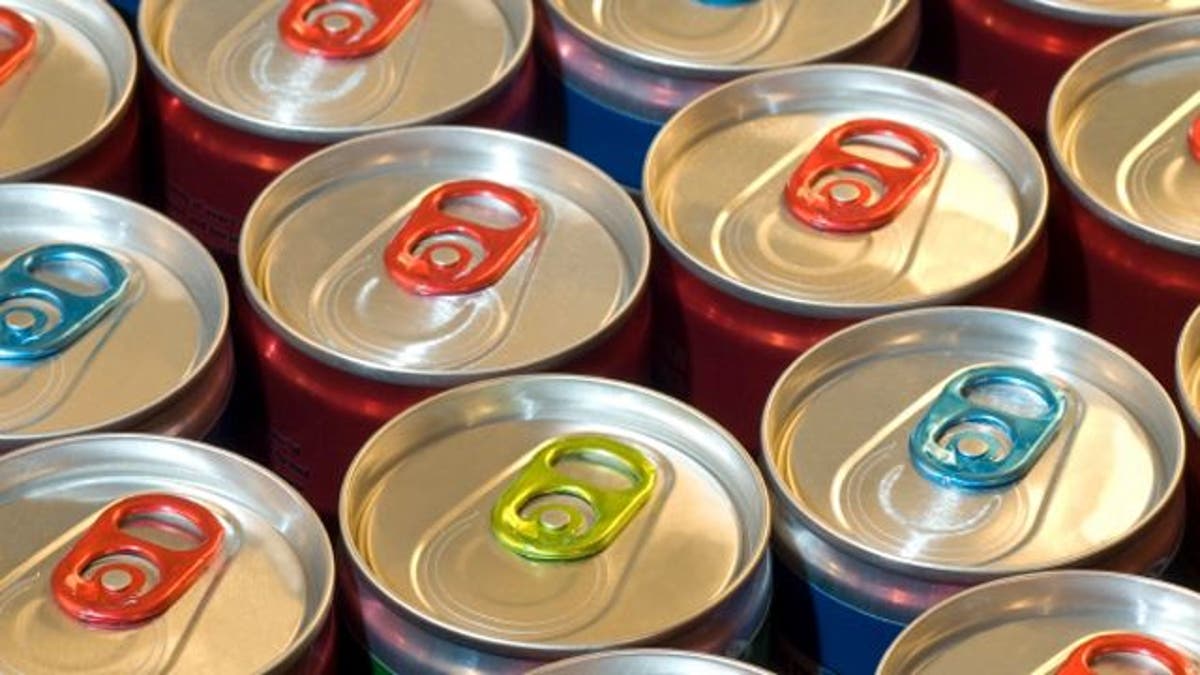
Consuming highly caffeinated energy drinks like Amp, Red Bull or Rockstar could be a telltale sign of other problems for high school students, according to a Canadian study.
The more often students reported drinking energy drinks, the more likely they were to also report feeling depressed, seeking out risky experiences, drinking alcohol or smoking.
"Young people tend to mix alcohol with energy drinks - and that's also a problem," lead author Sunday Azagba told Reuters Health.
Azagba is a scientist with the Propel Centre for Population Health Impact at the University of Waterloo in Canada.
In a survey of 8,210 public high school students from the Atlantic Canadian region, 62 percent reported having at least one energy drink in the previous year. About one in five reported consuming the drinks at least once a month.
"We want to raise awareness around this issue that energy drink consumption is high among high school students," Azagba said.
Researchers know more about energy drink consumption among adults and college students, but adolescents may be more susceptible to a product marketed as daring, thrilling and rebellious, he said.
People in North America spend billions of dollars on energy drinks each year, the researchers noted.
On the surveys, they asked students about depression and drug use. Sensation-seeking was assessed through responses to statements like, "I like to explore strange places" or, "I like to do frightening things." Students also reported their average grades in school.
To weed out untrustworthy responses, the researchers didn't include students who reported using a fictitious drug offered as an option on the questionnaire.
Energy drink consumption was more common among kids who reported sensation-seeking and had high depression scores along with those that used cigarettes, marijuana and alcohol, the researchers found.
Students of parents with a college education reported lower energy drink consumption, as did those who maintained about a "B" grade average or better. On the other hand, kids who lived with only one parent were more likely to drink energy drinks.
Finally, Azagba and his team found that younger students reported drinking the caffeinated beverages more often than older ones, and boys consumed more than girls.
"The public - especially parents - need to be aware of higher use among younger adolescents," said Yvonne Terry-McElrath, from the University of Michigan's Institute of Social Research in Ann Arbor. She was not part of the current research.
"I think many parents do not recognize the differences between a Monster drink and a Coke," Terry-McElrath said.
A 20-ounce Coca-Cola or Pepsi has about 60 milligrams of caffeine. Most energy drinks have the equivalent of at least 160 milligrams per 16-ounce serving.
Too much caffeine has been linked to physical health problems like heart trouble, irritability, sleep problems and feelings of nervousness among young people, the authors write in the journal Preventive Medicine.
"Energy drinks are not just an alternative to a can of Coke or Mountain Dew," Terry-McElrath said. Nor could they be considered sports drink stand-ins, she said, because they "have extremely high levels of stimulants - including caffeine, guarana and taurine - in them."
"Kids are under a lot of social pressure to consume these kinds of drinks," she added.
An emailed statement from Red Bull noted that the study "says nothing new."
"There is no evidence - here or anywhere else - to indicate that the consumption of energy drinks in any way led to substance abuse or to the sort of behavior associated with substance abuse," it added.
Maureen Beach, a spokesperson for the American Beverage Association, agreed that "it is important to note that (the study) looks at association, not causation."
Still, Terry-McElrath said the numbers are "a red flag" that drinking energy drinks is associated with these other behaviors.
The American Academy of Pediatrics has said kids and adolescents should not drink energy drinks.
"We are not suggesting that energy drinks be banned completely," Azagba said, adding that more research in the area needs to be done.
"Perhaps restricting access to energy drinks to young people could be an option," he said.








































